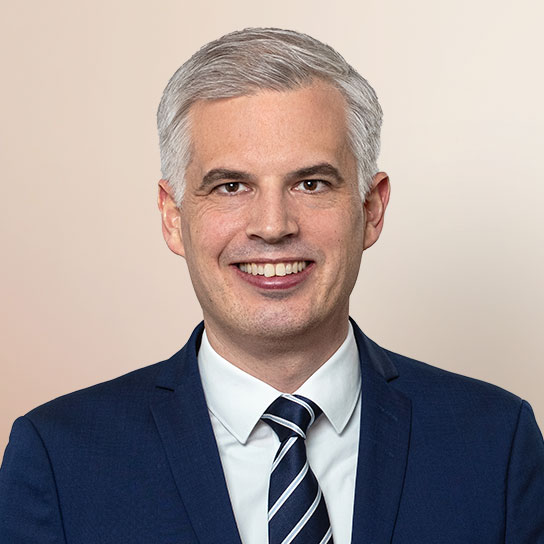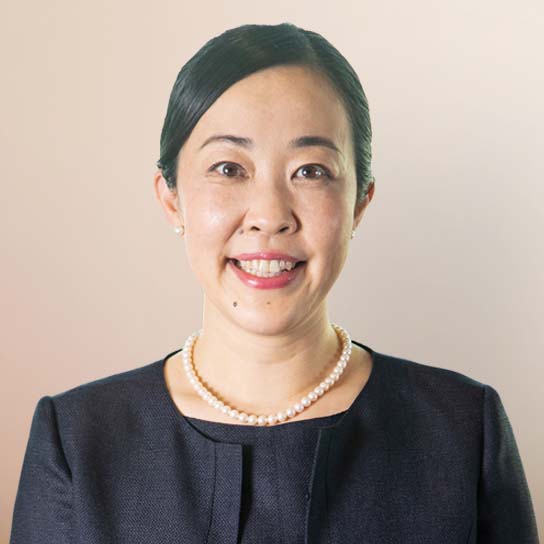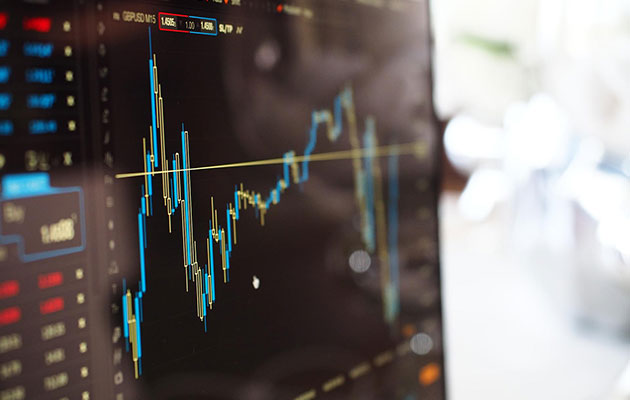- Europe
New EU Carbon Border Adjustment Mechanism
The EU ETS was created in 2005 for trading greenhouse gas emission allowances in the EU, authorizing the European Commission to set an upper limit on the total amount of greenhouse gas emissions by companies in the EU. To this end, companies can purchase “emission allowances” from EU Member States or trade them with other companies. However, the EU ETS also permits EU Member States to grant subsidies to companies in the form of free allowances. These no- to low-cost allowances weaken the incentive for companies to invest in greenhouse gas emission reductions and distort competition between companies that receive free allowances and those that do not. The EU therefore thinks that the number of free allowances must be gradually...To read the full article, please see the PDF file
-
Europe Newsletter
Download PDF [199 KB]









Dominik serves as co-representative of our offices in Frankfurt and Düsseldorf, Germany. He advises Japanese companies on corporate and cross-border M&A matters, as well as European companies regarding their business expansion into Southeast Asia (notably Indonesia, Thailand and Vietnam). He has a wealth of international experience and brings unique insights into deal-making across different cultures in both emerging and mature markets. Before joining the Tokyo office of Nishimura & Asahi in November 2019, Dominik worked at Clifford Chance (based out of Düsseldorf, Germany, and New York) and as in-house counsel at Pfizer, Inc. (New York).